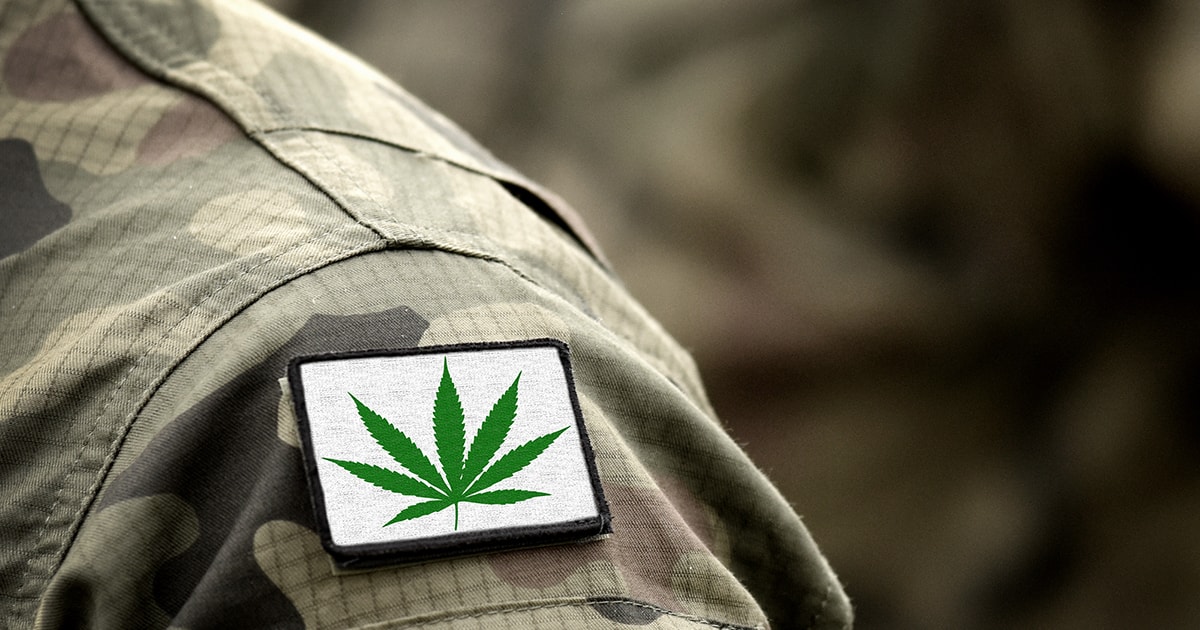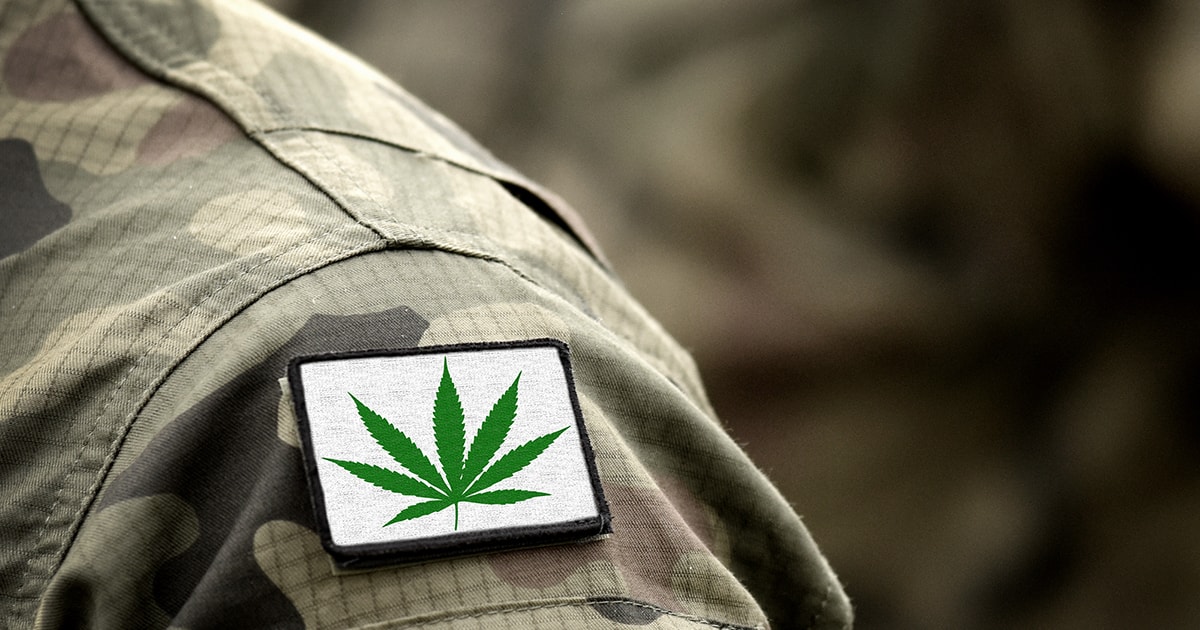Over the years, medical cannabis advocates have worked hard to open the doors to clinical research and enable veterans to use cannabis without risking their Veterans Health Administration benefits. Many of our nation’s millions of veterans find themselves in an uneasy limbo between speedily changing cultural norms and an unmoving federal law that has not been altered since the ‘70s.
With over two million members, the American Legion is the country’s largest veterans nonprofit. In recent years, they’ve pushed the federal government to ease restrictions on cannabis by removing it from Schedule One narcotic classification, where it is currently categorized alongside heroin and other hard drugs. The Veterans Affairs & Rehabilitation Commission, representing vets from WWII to the War in Afghanistan, gave the Legion its full support to advocate for changing federal cannabis law.
The Legion has also been petitioning the DEA to license a greater number of privately funded cannabis grows to focus on scientific and medical research. Groups such as Veterans for Medical Cannabis Access (VMCA) have strived to reframe the debate over whether veterans should have legal access to cannabis “as a question of not only moral and economic imperatives, but also of patriotic ones,” writes Reggie Ugwu for the New York Times.
Post-Traumatic Stress Disorder (PTSD) is the classic mental illness faced by veterans. It is a debilitating anxiety disorder affecting millions of Americans. PTSD is a specific type of anxiety in which one has an extremely difficult time recovering after experiencing a traumatic event. Memory modulation plays a major role in PTSD and other fear disorders.
According to a study published by Nature, “the endogenous cannabinoid system controls extinction of aversive memories.” This study illustrates the role of memory in both the endogenous endocannabinoid system (ECS) and the conditioned fear and repetitive memories of PTSD patients. Forbes has chronicled that many vets living with PTSD use cannabis. A U.S. Department of Veterans Affairs (VA) review found that roughly 12% of veterans in outpatient PTSD clinics reported using cannabis in the prior 6 months.
The Department of Veterans Affairs usually resists approving research into whether medical marijuana can help vets who have PTSD “and chronic pain, as veterans groups are pushing for the use of the drug as an alternative to opioids,” reports Katie Zezima for the Washington Post. She quotes former VA Secretary David Shulkin who argues that the “VA’s ability to research medical marijuana is hampered by the fact that the drug is illegal federally.” VA clinics are not permitted to recommend patients to state medical-cannabis programs, owing to the drug’s federal illegality. Some veterans are concerned that speaking openly about their cannabis use could jeopardize their VA benefits.
The Veterans Health Administration is the U.S.’s biggest integrated health care system, with 1700 VA medical centers and 9 million veterans enrolled every year. Nick Etten, head of the Veterans Cannabis Project (VCP) and a former Navy SEAL, told POLITICO, “We need treatment that is not destructive. The VA has been throwing opiates at veterans for almost every condition for the last 15 years. You are looking at a system that has made a problem worse the way they have approached treatment.” According to VCP and POLITICO polling, 83% of vets polled support access to cannabis programs.
The Weed for Warriors Project (WFWP), a nonprofit medical marijuana advocacy group for vets, makes the case that the legal cannabis market isn’t targeting vets, “especially disabled veterans who live on fixed incomes,” says their legal counsel. “It’s targeting people with a lot more disposable income.” In March 2020, the House VA Committee passed the VA Medicinal Cannabis Research Act (HR 712). If passed by the Senate, it would’ve ordered the Department of Veterans Affairs to conduct clinical trials on the effects of medical marijuana on PTSD and other disorders. Congressman Correa of California recently introduced a bill that would direct the Department of VA to study cannabis for PTSD, depression, and other conditions veterans face. However, Rep. Correa’s bill has not yet reached a floor vote.
Veterans advocacy groups feel that “We support the troops” shouldn’t be treated as a simple platitude. They are all motivated by a firm belief that veterans shouldn’t have to come home from risking their lives in armed combat to face their own personal Drug War.

